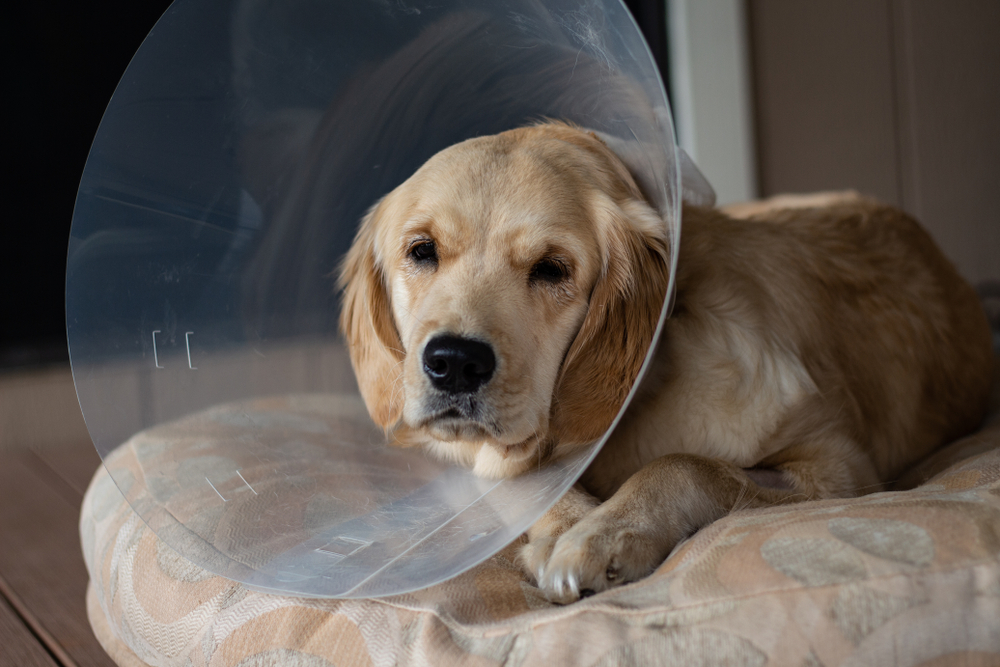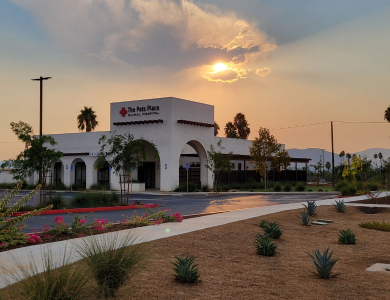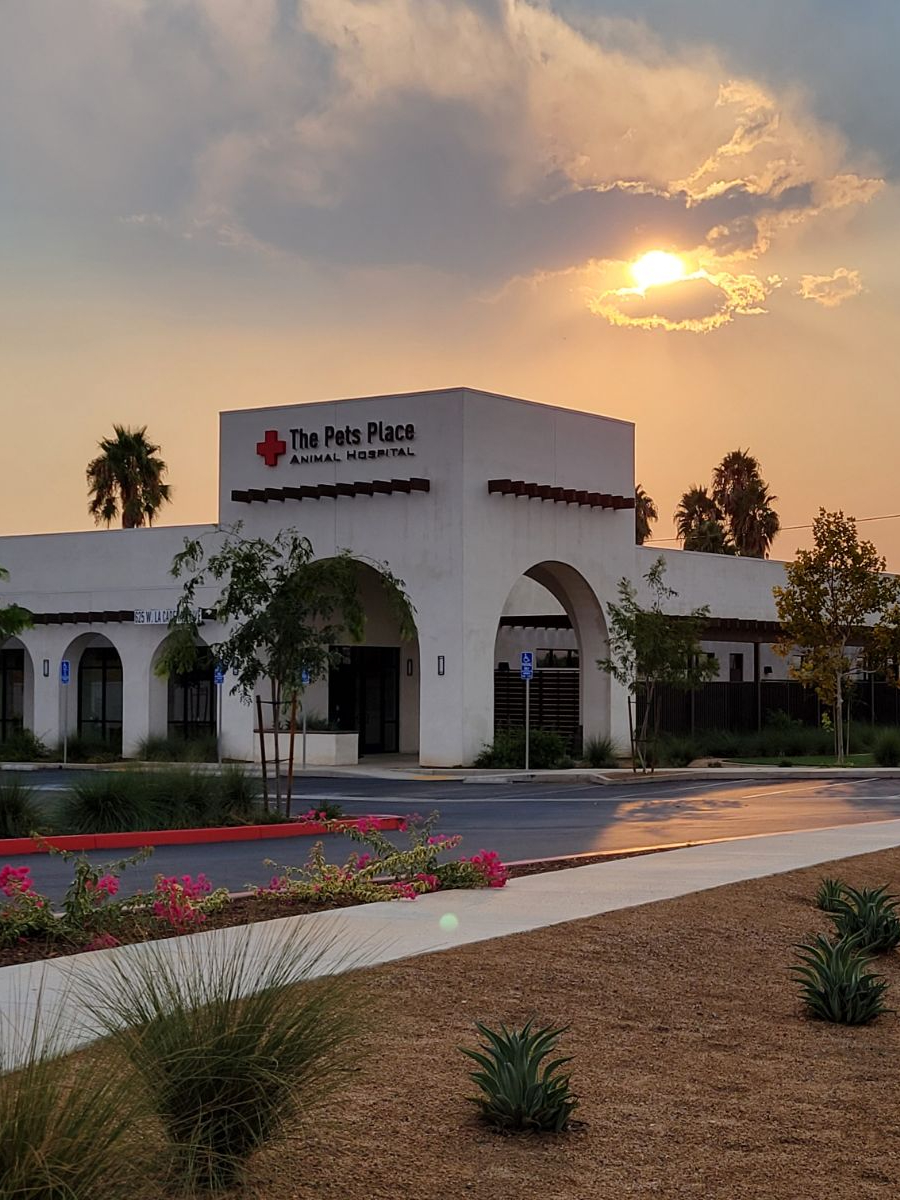
How to Care for Your Pet After Surgery: Post-Operative Tips and Best Practices
When your beloved pet undergoes surgery, their recovery process is just as crucial as the procedure itself. Post-operative care plays a vital role in ensuring your furry friend's successful healing and preventing any complications. By understanding the importance of proper post-operative care, you can provide your pet with the best possible support during this delicate time.
What to Expect After Pet Surgery
After your pet's surgery, it's important to be prepared for the recovery process. Your veterinarian will provide you with detailed instructions on what to expect and how to care for your pet during this time. Depending on the type of surgery, your pet may experience the following:
• Pain and Discomfort: Your pet may be prescribed pain medication to help manage any discomfort or pain they may experience. It's crucial to follow the dosage and administration instructions carefully.
• Incision Site Care: The incision site will require special attention and care to prevent infection and promote healing. Your veterinarian will provide you with instructions on how to clean and monitor the incision.
• Dietary Changes: Your pet's diet may need to be adjusted during the recovery period, either to accommodate any dietary restrictions or to provide additional nutrients to support healing.
Understanding these common post-operative experiences will help you better prepare and care for your pet during their recovery.
Follow Veterinary Instructions Closely
After your pet’s surgery, your veterinarian will provide you with detailed post-operative care instructions. These instructions are specifically designed for your pet’s surgery and condition. Following them closely is essential to ensure a successful recovery, whether it involves medication schedules, wound care, or dietary changes. Any deviation from the guidance could hinder healing or cause complications, so make sure you understand and adhere to every directive.
Provide a Quiet, Comfortable Environment
Your pet will need a peaceful space to rest and recover after surgery. Set up a designated recovery area in a quiet part of your home, away from noise, distractions, and other pets. Ensure your pet has access to a soft bed, food, water, and, for cats, a litter box. A comfortable, low-stress environment is crucial for helping your pet feel safe and healing at their own pace.
Limit Physical Activity
It’s vital to restrict your pet’s physical activity during the recovery phase, as excessive movement can strain healing tissues and prolong recovery time. Follow your veterinarian’s guidance on activity limitations, which may include keeping your pet on a leash, using a crate for rest, and preventing jumping or running. Limiting activity ensures your pet doesn't overexert itself and allows the body to heal properly.
Monitor the Incision Site
Keeping an eye on your pet’s incision is crucial for detecting any signs of infection early. Look for redness, swelling, or unusual discharge, and if you notice anything concerning, contact your veterinarian immediately. Your vet will also give you instructions on cleaning and caring for the incision site, ensuring it heals without complications.
Administer Medications Properly
If your pet has been prescribed medications such as antibiotics or pain relievers, it’s important to follow the dosage and schedule provided by your veterinarian. Administering medications on time and as prescribed will help control pain, prevent infections, and speed up recovery. If you have any concerns about side effects or administering the medication, reach out to your vet for guidance.
Maintain a Consistent Routine
Pets thrive on routine, and maintaining a familiar schedule can provide comfort and reduce stress during recovery. Stick to regular feeding times, medication schedules, and bedtime routines as much as possible. Consistency in their daily schedule helps your pet feel more secure and supported throughout the healing process.
By following these tips, you’ll create an environment that supports a smooth, stress-free recovery for your pet after surgery, ensuring their return to health is as quick and comfortable as possible.
Ensuring Successful Recovery for Your Pet
Caring for your pet after surgery is a crucial aspect of their recovery process. By understanding the importance of post-operative care, following your veterinarian's instructions, and implementing a comprehensive care plan, you can help ensure your furry friend's successful healing and prevent any potential complications.
Contact The Pets Place Animal Hospital to learn more about our comprehensive services and how we can support your pet's surgical recovery journey. Contact our office in Riverside, California, by calling (951) 684-2181 to book an appointment today.










